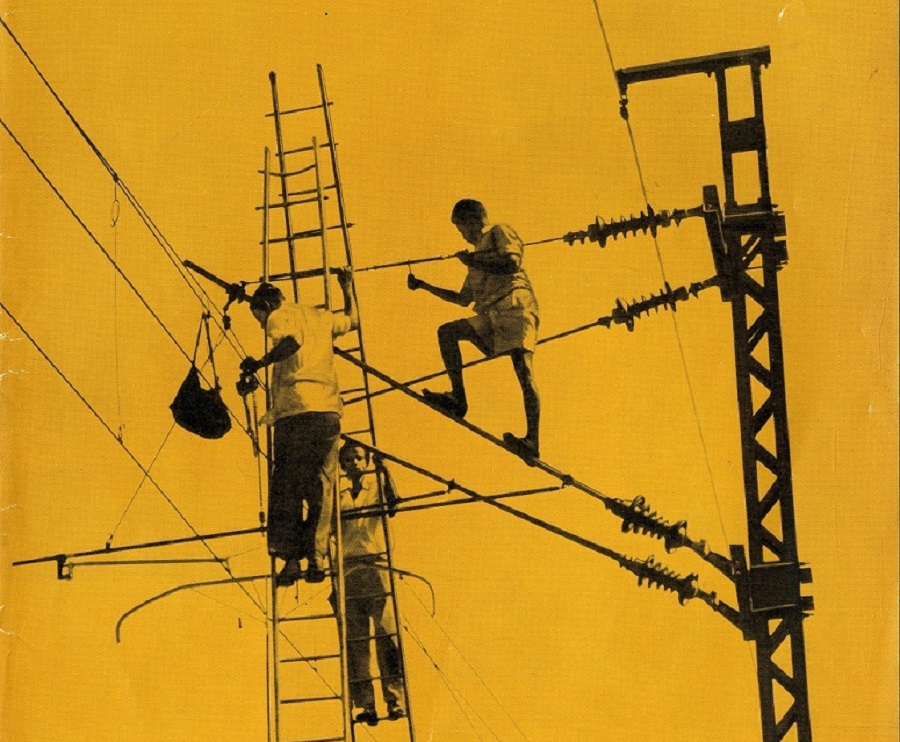
One afternoon in 1974, shortly before the fall of the junta, the mechanical engineer Euthymios Malagardes was giving a lecture at the Eugenides Foundation. The title of his lecture, “ Temporal transpositions of the energy issue”. The question of energy, particularly topical at the time because of the international energy crisis, was to torment for years to come not only specialists – E. Malagardes had dedicated his life to it- but entire the societies of the then “developed” world, who bequeathed it, remarkably unchanged, to the following, i.e. our own, generations.
I lived, as did all Greeks of a certain age, said at the time the seventy-year-old Malagardes, through the fluctuations of energy, as much in our country as far away; I saw its deficiency to the point of deprivation, I followed its emergence in abundance, and I think that I was scared more by the waste than by the deprivation of it.
As an individual I had no way of externalising these concerns other than by giving lectures and writing articles at every period.
It was such an article of mine that I was recently thumbing through, which appeared in “Technology”/Technique , a periodical that was coming out during the Occupation years; in that article I was reading about the dynamic agents of Energy, i.e. the mechanical energy afforded to us by its natural sources: water, the wind, the sea and the heat of the sun, or, as we make a habit of saying, “White Coal” , “Aeolic energy”, “Blue Coal”, “Solar Energy”. Much later, in November 1961, I had the opportunity, during the Second Panhellenic Congress of Electrical Engineers in Salonica, to speak for the first time about “Geothermal Energy” also, which has ever since occupied an important position in the diagram of global consumption of energy.
After the War I was fortunate enough actively to participate in the realisation of plans regarding the energy sources of our country, and I was convinced that the thoughts I had stated in that article, i.e. giving priority to natural agents, were correct, but at the same time I conceded that it was impossible, as much in a temporal as in a quantitative sense, to meet our pressing needs using them only. It was necessary, by way of complementation, to transpose ourselves with regard to both form and position, that is to go to the thermal form of energy also. Fortunately the institutive law of the Public Power Corporation, drawn up with great wisdom, prescribes that, along with waterfall, lignite is also to be exploited, and the first at least of those who held office in the Corporation did not depart from this principle.
But, I ask myself, did we not start from zero after the Occupation? And doesn’t that article, influenced as it is by the conditions of the time, seek Energy in the agents the country has at its disposal, which remain unaffected by any external cause? For there exists no force which will reverse the flow of water, divert the wind or obscure the sun. Whoever followed the first days of the oil crisis”, the lecturer added, “the reactions of European as well as American press, was mentally transferred to the time when my article was published, which was in this way re-baptised in topicality”.
And after a scientific as well as comprehensible presentation of renewable energy sources as the only way to the country’s self-sufficiency , he concluded with a key judgement regarding the alternative of nuclear energy:
In a state of affluence inconceivable by our ancestors[…] we ended up after 25 years [since the end of the Second World War] admitting the insufficiency of the economy to ensure the functioning of society.
If we except experimental science, exactly nothing has changed from what humanity was three or six thousand years earlier; we are committing the same mistakes. So now also with regard to nuclear energy, without facing the completely new problems that it causes, without historical precedent, with people programming in the direction of the unknown, the Governments of the strong are seeking the solution.
Prometheus misappropriated fire and presented it to the human race. Humans in their turn, with the spark of Science and Technology, offered the fire of the atom, which was wisely locked up in the innermost depths of matter, and here they are now caught in the meshes of their discovery: One wonders, will there be found the new Aeschylus to describe the drama of the man of the future?
Eugenia Kremmyda
Department of Archives Processing
General State Archives of Greece – Central Service
[Source: General State Archives, Central Agency, Archive E. Malagardis (K 365)]

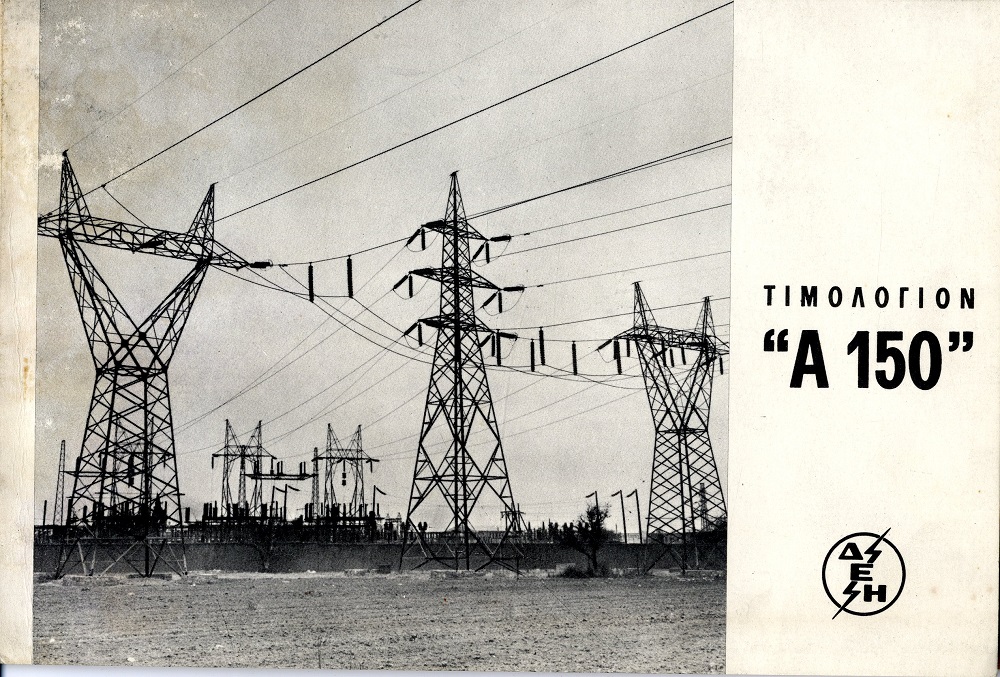
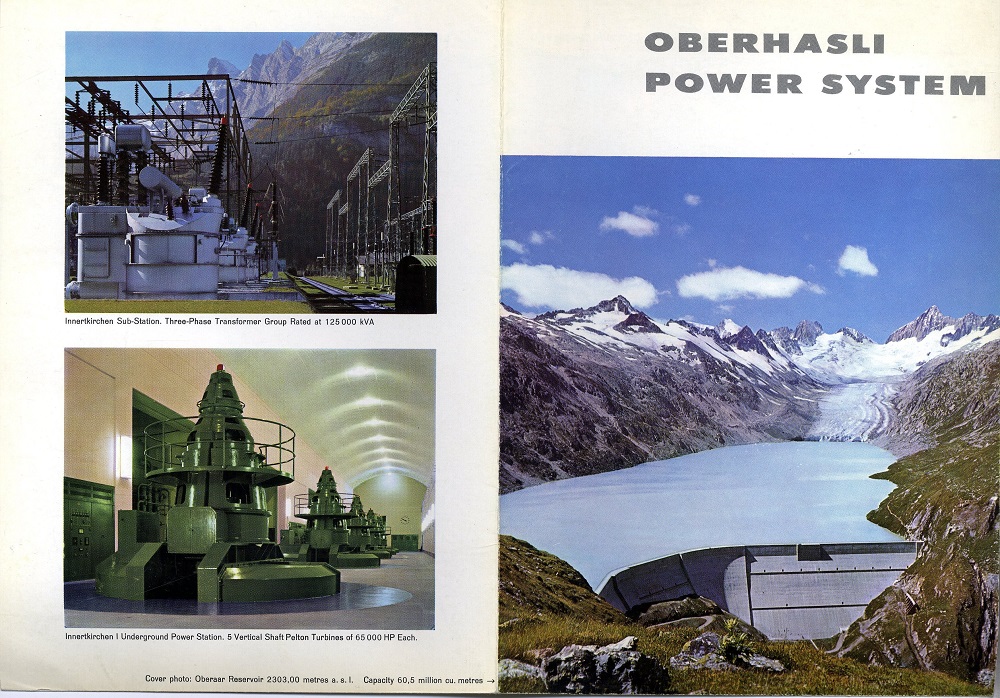
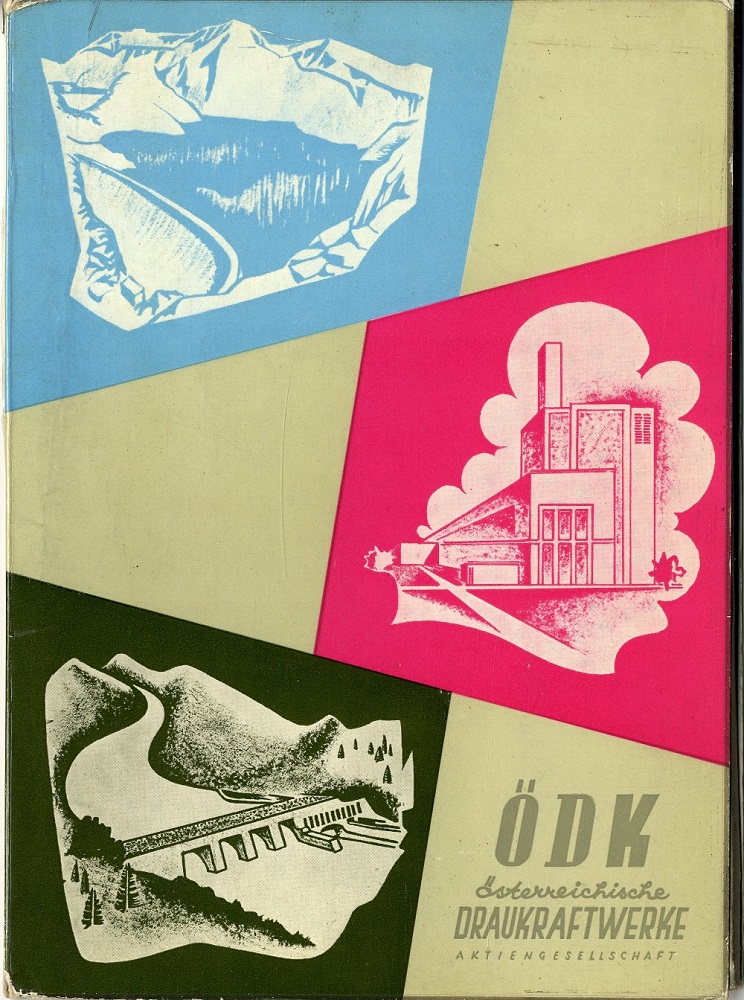

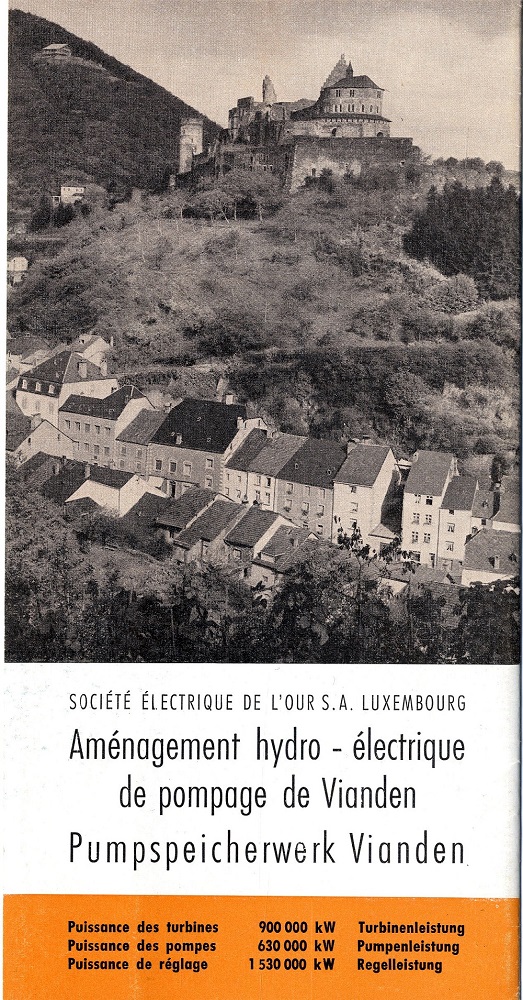
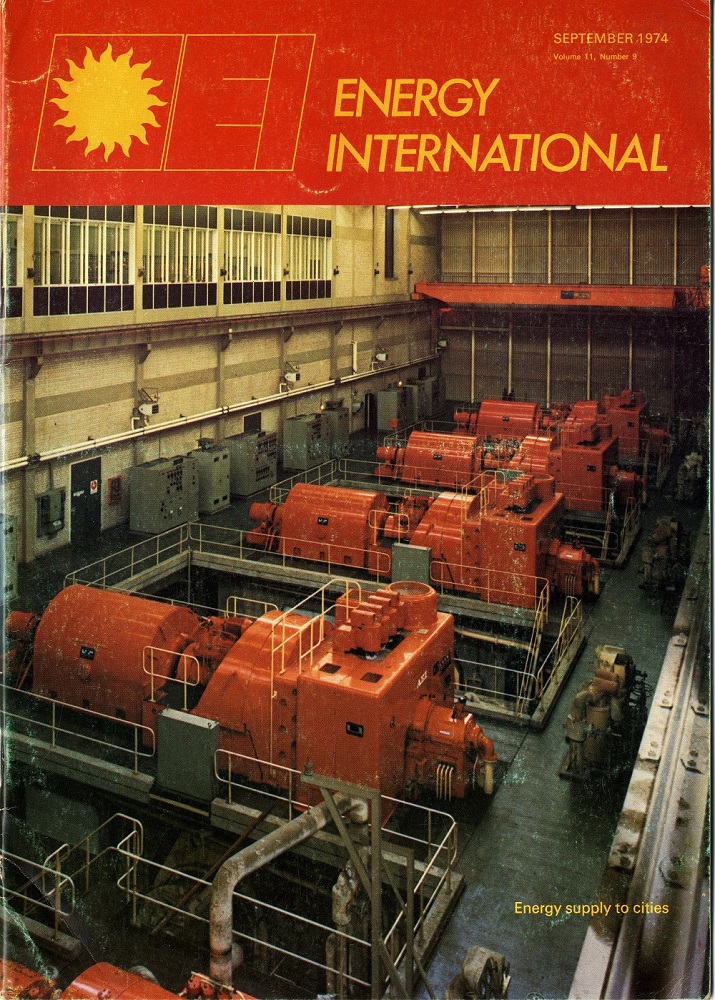
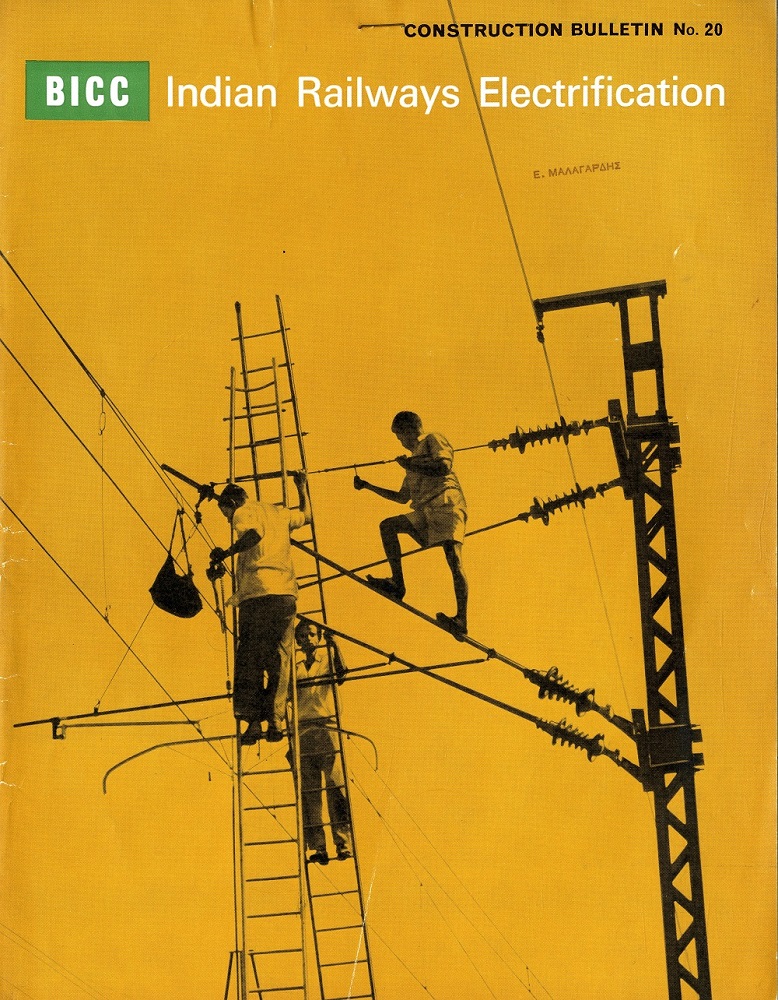
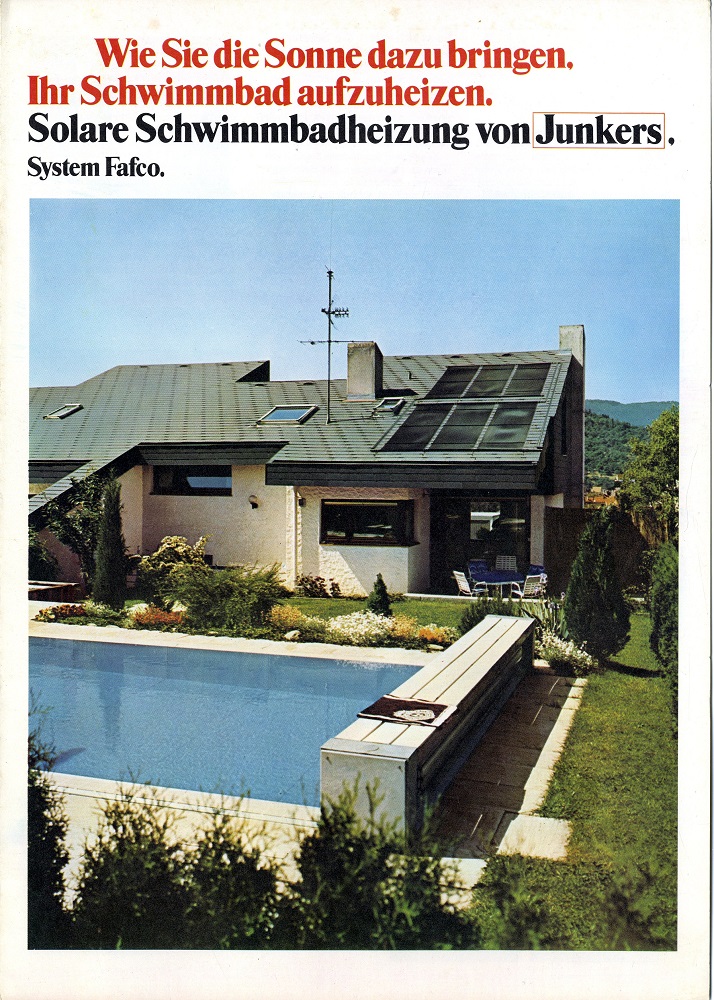


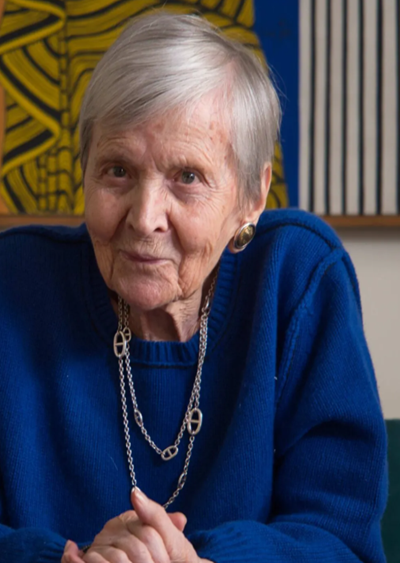
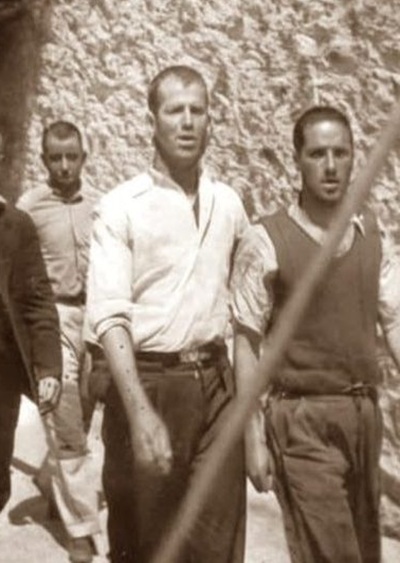


Leave A Comment